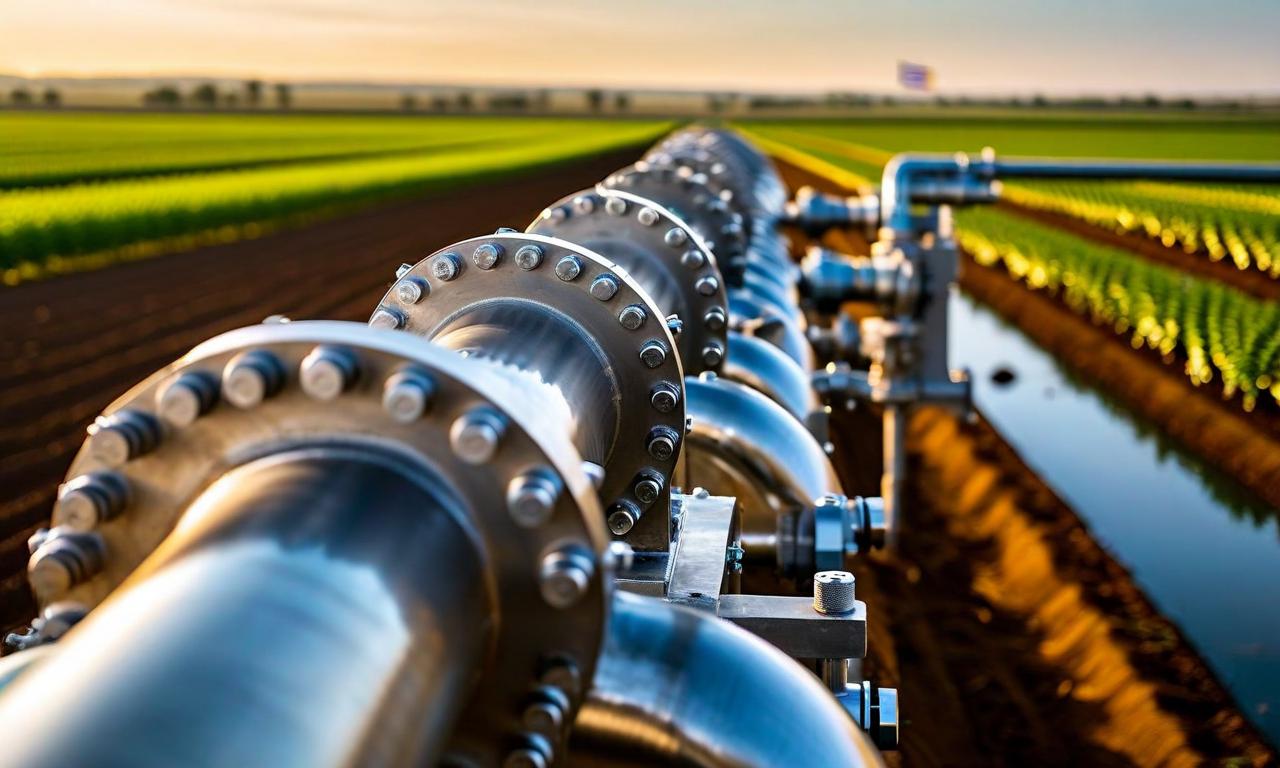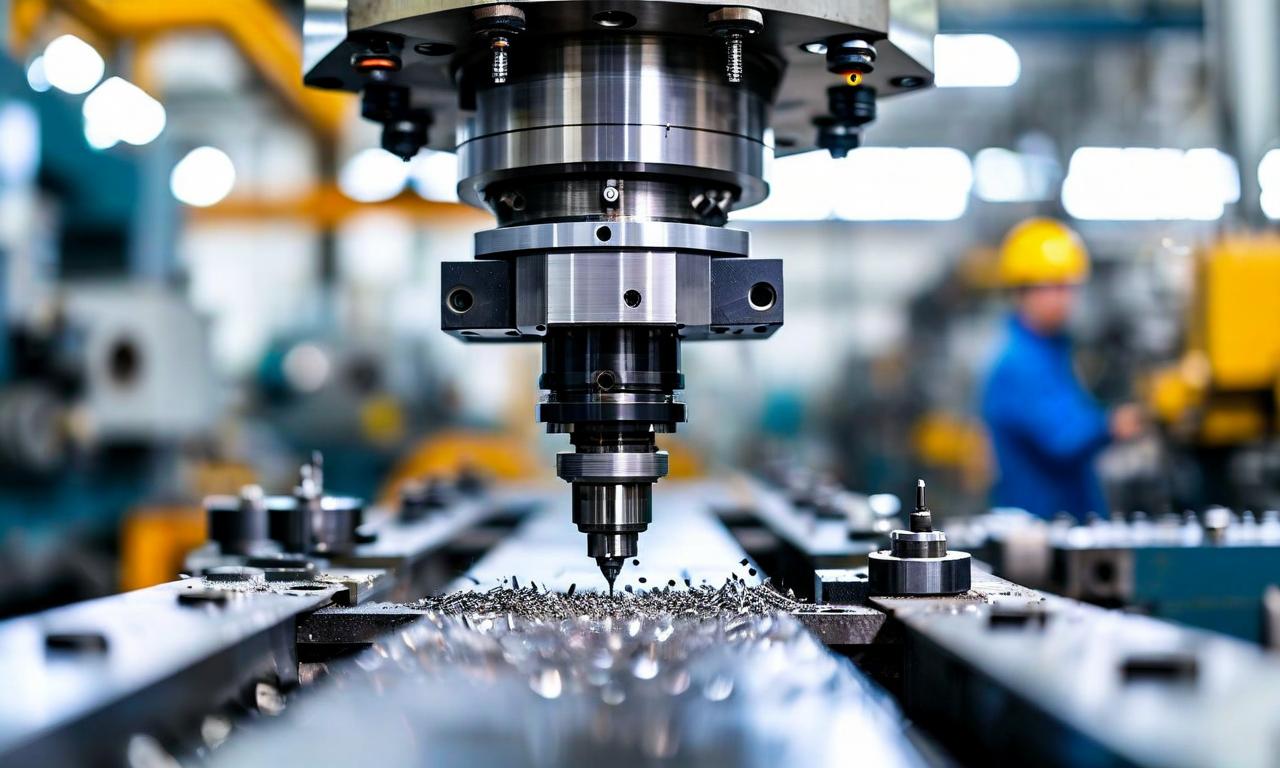Adani Group Set to Benefit from GST 2.0 Tax Reforms
India's second phase of GST reforms, effective September 22, introduces tax cuts potentially benefiting Adani Group companies. Key changes include cement tax reduction from 28% to 18%, renewable energy equipment levies cut from 12% to 5%, and standardization of coal GST at 18% with compensation cess removal. Ambuja Cements and ACC may see increased demand and improved margins. Adani Green Energy anticipates 5% decrease in project costs. Adani Power could benefit from lower coal prices. Adani Ports may indirectly benefit from increased construction demand. Initial market response shows positive movement for Adani Group stocks.

*this image is generated using AI for illustrative purposes only.
The Indian government's second phase of Goods and Services Tax (GST) reforms, set to roll out on September 22, introduces significant tax cuts that could potentially benefit multiple Adani Group companies. The reforms, approved by the GST Council, include reductions in tax rates for cement and renewable energy equipment, as well as changes in coal taxation.
Key Tax Changes
- Cement tax rates reduced from 28% to 18%
- Renewable energy equipment levies cut from 12% to 5%
- Compensation cess on coal removed, with GST standardized at 18%
Impact on Adani Group Companies
Ambuja Cements and ACC
The reduction in cement tax rates is expected to boost demand and improve margins for Ambuja Cements and ACC, both part of the Adani Group. Analysts estimate that the lower GST could potentially reduce retail cement prices by Rs 25-30 per bag. This price reduction could stimulate demand in the construction sector.
JM Financial has maintained a Buy rating on Ambuja Cements with a target price of Rs 675, representing an 18.40% upside potential.
Adani Green Energy
The tax cuts on renewable energy equipment are set to benefit Adani Green Energy. The company anticipates a decrease in project costs of approximately 5% due to lower taxes on solar modules and wind turbines. Industry estimates suggest that these reductions could lead to a decline in tariffs by 10-15 paise per unit, potentially making renewable energy more competitive.
Adani Power
Adani Power is positioned to benefit from the changes in coal taxation. With the removal of the compensation cess on coal and the standardization of GST at 18%, analysts estimate that landed coal prices could fall by 8-10%. This reduction is expected to translate into a tariff benefit of Rs 10-12 paise per unit, potentially improving the company's cost structure.
Adani Ports
While not directly affected by the tax changes, Adani Ports may see indirect benefits. The expected increase in construction and cement demand could lead to higher cargo volumes at Adani's port facilities.
Market Response
As of 11 am on the day of the announcement:
| Company | Change |
|---|---|
| ACC | 0.70% |
| Ambuja Cement | 0.40% |
| Adani Ports | >1.00% |
| Adani Power | >1.00% |
The market's initial response appears positive, reflecting investor optimism about the potential benefits of these tax reforms for the Adani Group companies.
These GST reforms represent a significant shift in India's tax structure, with potential far-reaching effects on various sectors. For the Adani Group, the changes could lead to improved competitiveness and profitability across its diverse business portfolio, from cement and power to renewable energy and port operations.
























